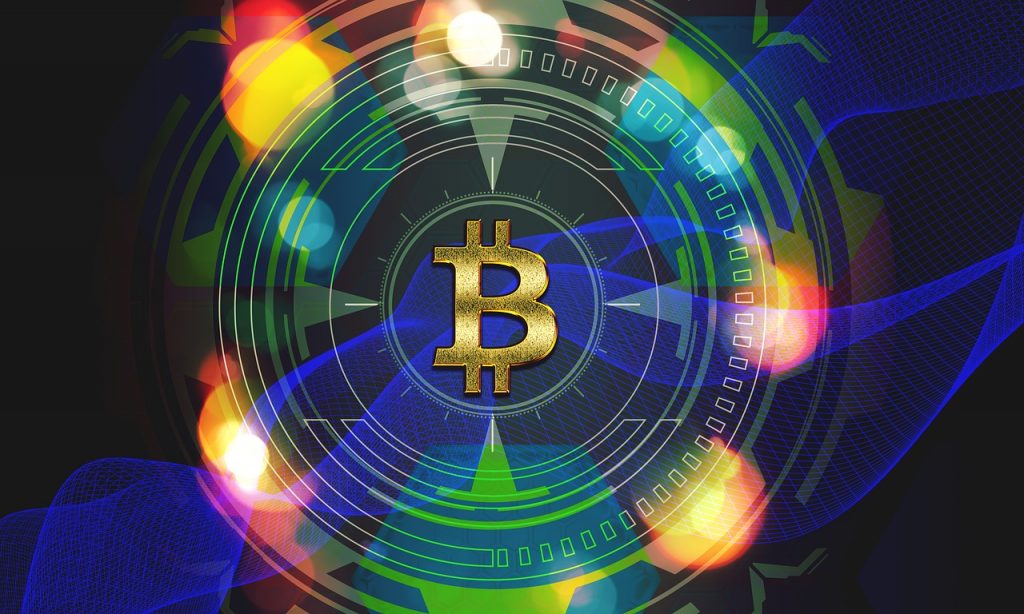With its merchant business under pressure because of the coronavirus pandemic, Square Inc. is yet again spying new opportunities for its consumer-facing Cash App, whose core feature is person-to-person payments. This time, Square is rolling out regularly scheduled purchases of Bitcoin and stocks for Cash App users.
Square chief executive Jack Dorsey announced the Bitcoin service Monday in a tweet. The recurring service for stocks also began Monday, a spokesperson for San Francisco-based Square tells Digital Transactions News.
Users of Cash App have been able to buy Bitcoin and fractional shares of stock on a one-off basis. Now, they can set aside amounts, with a $10 minimum, to buy stock or Bitcoin on a pre-scheduled daily, weekly or every-two-weeks basis.

Square calls the service Auto Invest. It uses the dollar-cost-averaging concept familiar to individual investors building nest eggs for retirement or their children’s college education: make regular purchases no matter the price of the security, and you’ll save money over the long run instead of trying to time purchases to perceived favorable times.
“Auto Invest let’s [sic] you set it and forget it by dollar-cost averaging, which is an investing term for regularly buying small amounts over time,” Square said in a blog post. “By spreading purchases out, you can minimize the impact of market swings.” Square doesn’t charge commissions for the service, though third partners involved in trades assess fees.
If it’s successful, Auto Invest could bring yet more users to Cash App, which had 24 million monthly active users at the end of 2019. In addition to P2P payments and Bitcoin and securities purchases, Cash App can accept direct deposit and offers a Visa debit card called Cash Card for in-store purchases. A recent direct-deposit marketing drive linked to government stimulus payments to offset consumers’ coronavirus-related income losses netted 9 million more direct-deposit users, Square reported early this month.
The Square spokesperson declined to discuss the strategy behind Auto Invest. Talie Baker, a senior analyst who researches payments at Boston-based Aite Group LLC, says many consumers are speculating with Bitcoin now because they believe digital currencies are the wave of the future. At the same time, P2P app providers are trying to generate more revenues by adding services.
“Cash App has one of the easiest user experiences for digital P2P payments in the space, but it hasn’t taken off in the way that [competitors] Venmo or Zelle have,” Baker tells Digital Transactions News by email. “By expanding the use cases, it not only attracts more users to the app, but it encourages them to use the app for more things and helps monetize the service.”
Growth through Cash App, which generated $528 million in first-quarter revenues and gross profit of $183 million, could help Square’s larger merchant business weather the coronavirus storm. Square’s original franchise is very small and even part-time sellers, and merchants generating less than $125,000 in annual volume still account for 48% of its gross payment volume. Many such merchants have temporarily closed as a result of state and local coronavirus control measures, and merchant acquirers and industry analysts worry some might close for good. On Monday, Bank of America’s investment arm downgraded Square’s stock from “buy” to “underperform” because of such concerns.





